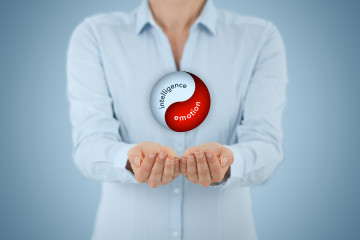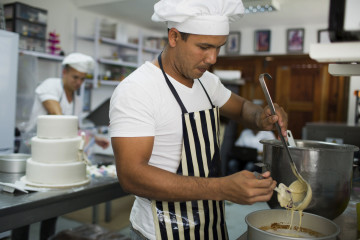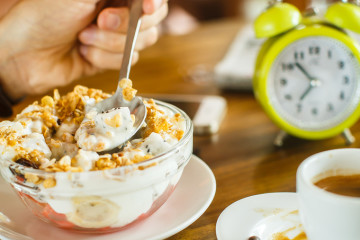Europeans Are Drinking Themselves to Death

(Bloomberg) —Europe’s drinking habits are putting its people at a higher risk of developing digestive cancers, a new report by the continent’s leading doctors found.
The average European puts away between one and four drinks a day, enough to classify them as “moderate” drinkers and increase the risk of colorectal and esophageal cancers, according to a report issued Monday by United European Gastroenterology, a nonprofit coalition of specialists.
“The majority of people aren’t aware that alcohol is a risk factor in these cancers,” said Professor Helena Cortez-Pinto, a gastroenterologist at Hospital Universitário de Santa Maria in Lisbon. “This epidemiological evidence is clear about the association.”
The group analyzed data collated by the World Health Organization, which shows that Europeans drink more than people on any other continent, an average of 11.2 liters of alcohol per year—the equivalent of just under two drinks a day.
Americans drink 20 percent less alcohol each year than Europeans, while the average African drinks half the amount. One in every five Europeans over the age of 15 drinks “heavily”—more than four alcoholic drinks—at least once a week.
The American Cancer Society supported the report’s findings, pointing to comments on its website that note “limiting alcohol use to no more than two drinks a day for men and one drink a day for women could have many health benefits, including a lower risk of colorectal cancer.”
Nearly one in every four deaths from gastrointestinal diseases can be attributed to alcohol intake, according to a World Health Organization report from 2014.
“There are carcinogenic effects from alcohol that primarily affect the gastrointestinal tract,” said Richard Gardner, chief executive of the British Society of Gastroenterology. “Fundamentally, there’s no such thing as no-risk drinking.”
New cancer cases are expected to increase from 14 million in 2012 to 22 million by 2030, according to the World Health Organization. At the same time, annual deaths from cancer are expected to rise from 8.2 million to 13 million, the group believes.
“Political action like minimum pricing and reducing access to alcohol needs to be taken now to prevent many future casualties,” said Markus Peck, chairman of the department of gastroenterology and hepatology, endocrinology, and nephrology at the Klinikum Klagenfurt Hospital in Austria.
Lithuania holds the unenviable crown of Europe’s heaviest drinkers, downing 3.2 alcoholic drinks per day, or 18.2 liters of pure alcohol per person per year. By comparison, drinkers in the U.S. are practically teetotaling, drinking the equivalent of 1.6 drinks a day.
Lithuania’s government recently passed sweeping reforms of its alcohol laws, which will take effect Jan. 1. The country will ban alcohol advertising, raise the drinking age to 20 from 18, and outlaw alcohol sales between 8 p.m. and 10 a.m.
Egle Leskauskaite, 17, will now have to wait until July 2020 to drink legally, and she said that making alcohol illegal could perversely make it more attractive.
“It’s annoying because it’s not going to help Lithuanian people stop drinking,” she said. “If people want to drink they’ll find a way to buy it.”







No Comment